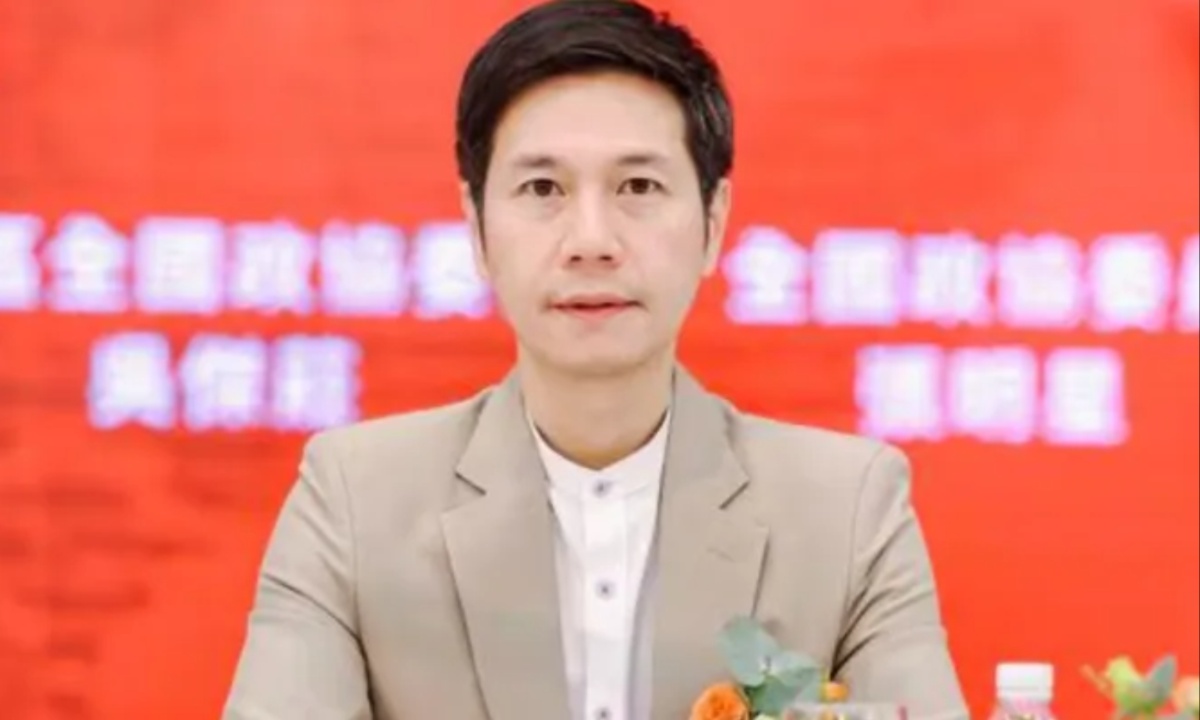Johnny Ng, a member of the Hong Kong Legislative Council, has suggested that Bitcoin could be a viable addition to Hong Kong’s reserve assets. In a recent X post, Ng outlined his intention to collaborate with various stakeholders to assess the feasibility of incorporating Bitcoin into the city’s financial reserves.
This proposal aligns with the growing global interest in digital assets and their potential advantages in financial management.
Ng’s proposal follows a notable speech by former U.S. President Donald Trump at the 2024 Bitcoin Conference in Nashville, where Trump emphasized Bitcoin’s significance.
Bitcoin has increasingly attracted global attention for its perceived value as digital gold and a hedge against inflation. Ng believes that integrating Bitcoin into Hong Kong’s reserves could be advantageous, especially given the region’s expanding Web3 ecosystem and its reputation as a burgeoning hub for digital innovation.

The Hong Kong legislature highlighted Bitcoin’s advantages, including its decentralized nature, limited supply, and its role as a safeguard against economic instability and governmental control.
Ng has been a strong advocate for Web3 and digital assets, and he views incorporating Bitcoin into Hong Kong’s financial strategy as a natural extension of the city’s efforts to enhance its status as an international center for virtual assets.
Ng’s support for digital assets includes backing the launch of Bitcoin ETFs in Hong Kong, which he believes will bolster the city’s position in the global crypto market. He also underscores the importance of attracting global talent, crypto exchanges, and blockchain projects to foster innovation.
However, Ng acknowledges that careful research and regulatory compliance are essential to successfully integrate Bitcoin into Hong Kong’s financial system.
In the U.S., Trump’s speech at the Bitcoin Conference included a pledge to create a favorable regulatory environment for cryptocurrencies if he is elected. He proposed establishing a strategic Bitcoin reserve, maintaining the U.S. government’s existing Bitcoin holdings, and ending restrictive crypto policies.
This stance has been well-received by the crypto community, particularly because of Trump’s commitment to a more supportive approach to digital assets and the controversial position of SEC Chairman Gary Gensler.
